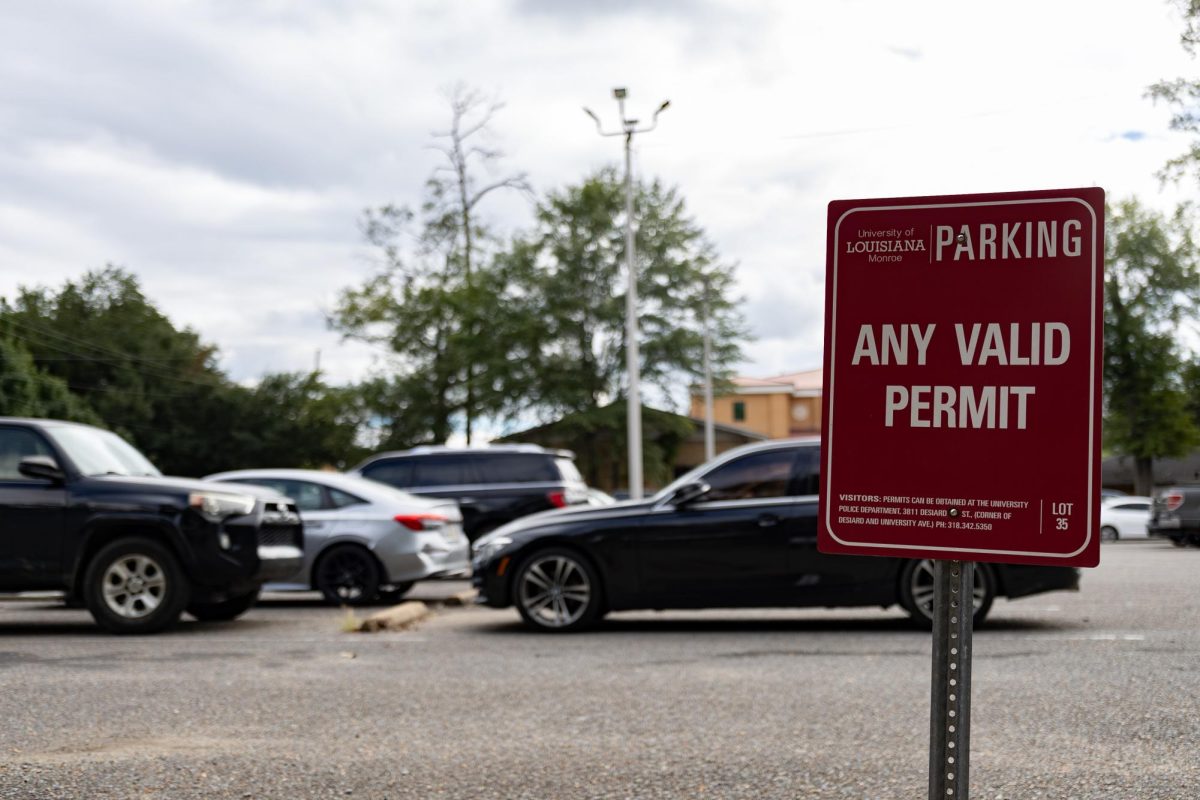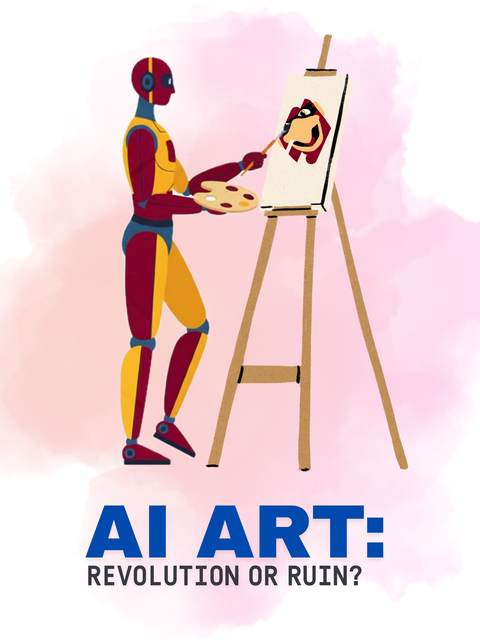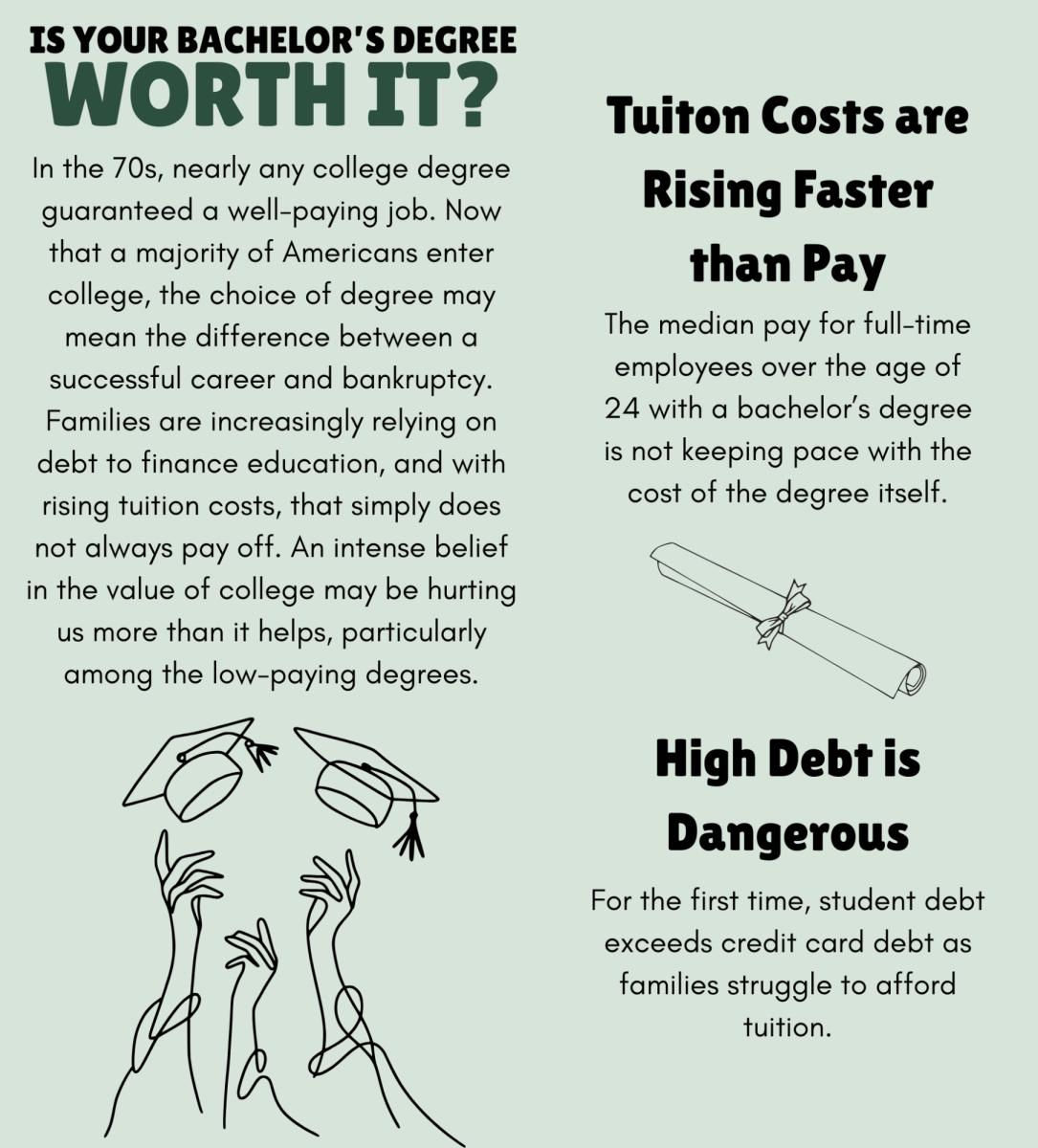I remember when I turned 16. I was excited because I finally got to get my first real job. It wasn’t about how much money I was making or where I had to work…as long as it wasn’t McDonald’s.
It was simply the fact that I had my first real job. I took pride in my little paychecks and even what the government decided to suck out of them.
Each time I worked I did it with pride. Only for a mere $7.25.
This never affected me since I had hot meals and a roof over my head. But what about the other people I worked with who had families to take care of? Multiply $7.25 times 25 hours a week.
Before taxes, that’s roughly $180 a week. $720 a month. $8,640 a year. That’s barely enough to fill up your gas tank and have a few good meals off of, right?
Statistics show that the average full-time employee working minimum wage makes $14,500 a year. No wonder low poverty families depend on welfare, food stamps and other government aid to survive. Why they would have to depend on a minimum wage job in the first place is out of the question in this argument.
The minimum wage hasn’t been increased since 2009, after multiple hikes eventually increase the 1997 wage of $5.15 to the current minimum wage we have now, according to the Department of Labor. And if you think $5.15 isn’t a lot, let me give you a little history lesson.
The original minimum wage was created by the Fair Labor Standards Act and signed by President Franklin D. Roosevelt on June 25, 1938. Guess how much it started off as? Twenty-five cents. That’s equivalent to a piece of bubble gum in modern day times, maybe not even including the tax of it. The wage is equivalent to $4.04 in today’s purchasing power.
History shows us that minimum wage has been increased 22 times since 1938. That’s incredible considering millions of people are currently living in poverty. Inflation is the evil monster that ruined our shopping sprees and spending spurts.
In Obama’s State of the Union Address, he proposed that minimum wage be increased to $9 an hour and be indexed to inflation.
I think this would bring millions of people out of poverty, but you still have to consider the negative effects this could have on a local economy. Thus being the worst case scenarios: reducing hiring and employee benefits, cutting hours, increasing prices, discouraging part-time work, inflationary pressure and countless other possibilities.
It’s basically saying: once you finally get that pay raise you’ve been dying to have, you suffer the consequences. Thank you, karma.
My solution is that minimum wage should be increased; yet correlate to the cost of living in that area. For example, an economy that makes more money should have a higher minimum wage and vice-versa.
Remember, inflation is the little green man sneaking its way to unbalance the economy, although it is necessary to have to produce a successful minimum wage system. We are becoming an advanced age and I believe the amount of minimum wage should keep up with the times.
And my solution for that solution would be college. Learning how not to flip burgers and figuring out how to survive in this complicated complex society would be the best way to go.




